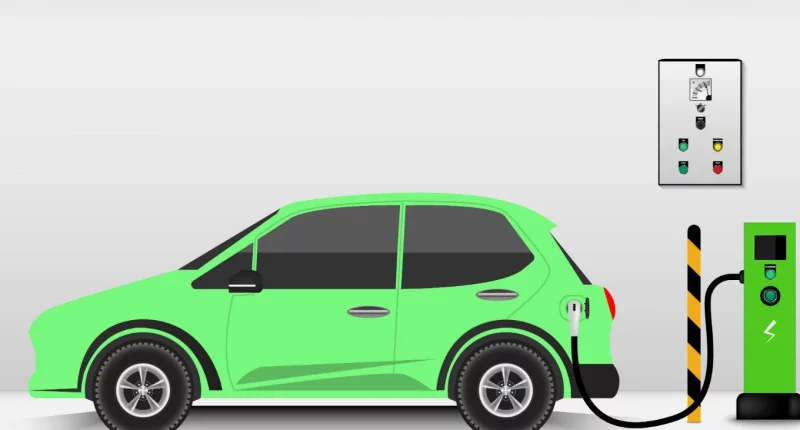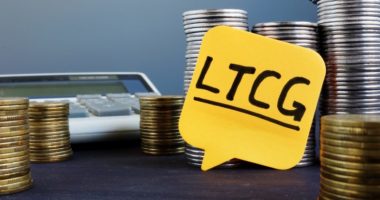The council may cut the Goods and Services Tax (GST) on lithium-ion batteries to bring them on a par with taxes on electric vehicles to encourage green mobility plans.
Various stakeholders in the Centre have started discussing the ways to proceed with the above plan. This move is crucial for making the country a global manufacturing hub for Electric Vehicles (EVs).
Currently, EVs are taxed at 5%, while lithium-ion batteries are taxed at 18%. Earlier, there have been considerations of tax rationalization on lithium-ion batteries. However, the discussion has again gained momentum with the push for a battery swapping policy.
Recently, NITI Aayog, ministries of heavy industries, new and renewable energy, and other related government departments met for the first time on the battery-swapping policy. The meeting is followed by receiving suggestions and recommendations on the draft policy until 5th June 2022.
Sources said that the agenda of the said meeting included tax rationalization and standardization of batteries to ensure interoperability. NITI Aayog, however, would not focus much on the GST issue as it is under the finance ministry’s purview, and the council has to decide on modifying the GST rates.
In 2018, the council reduced the GST rate on lithium-ion batteries from 28% to 18%. With greater emphasis on the EV ecosystem and more automakers entering the industry, there is a need for a price parity between batteries and EVs, as the latter attracts a much lower tax of 5%.
In December, NITI Aayog chief executive Amitabh Kant said that the government is working on reducing GST on EV batteries. Further, the draft policy issued by the think tank recommended the rationalization of tax on batteries.
For any clarifications/feedback on the topic, please contact the writer at dvsr.anjaneyulu@clear.in
DVSR Anjaneyulu known as AJ, is a Chartered Accountant by profession. Loves to listening to music & spending time with family and friends.





